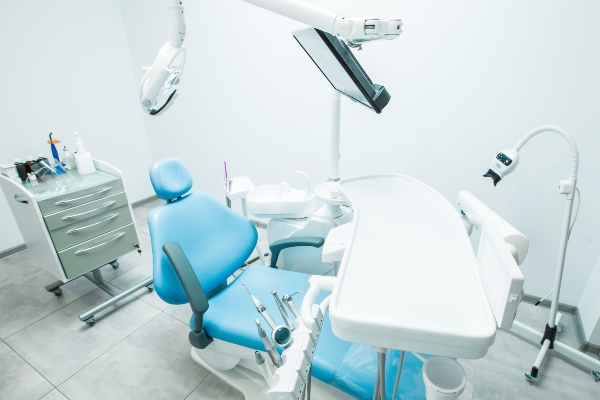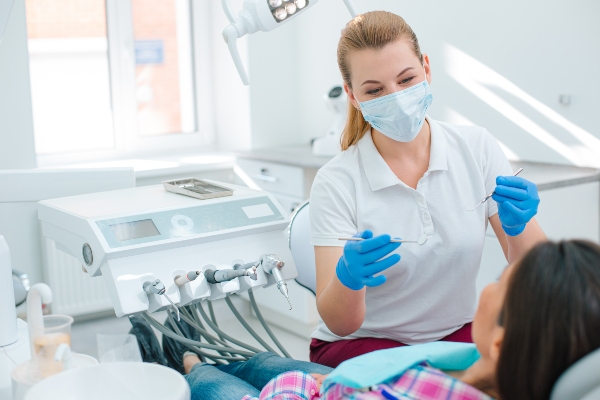Tips for Making Dental Bonding Last Longer

Dental bonding can last for eight or more years if the patient cares for their teeth properly and protects the dental bonding. To help you make your dental bonding material last for as long as possible, this review offers tips for caring for your bonding through good oral hygiene, smart dietary choices and more.
Useful insights to make dental bonding last longer
Patients can protect the composite resin material that dental bonding is made of by avoiding foods that could cause chips and cracks, protecting teeth while asleep, practicing good oral hygiene and visiting the dentist regularly for all scheduled check-up visits and routine dental cleanings.
Avoid hard foods that may cause chips and cracks
Dental bonding is relatively durable, but the composite resin cannot withstand too much constant pressure. Hard foods can cause chips and cracks. To prevent this, be sure not to bite down on any ice, hard candies or other foods that could cause damage. Sticky foods may also cause damage to the dental bonding material because it can pull on the composite resin. This could necessitate repair or replacement of the dental bonding and an increased cost and time consumption for the patient.
Protect teeth from bruxism
In a similar fashion that food can cause dental bonding to chip or crack, other teeth can have the same detrimental impact. In fact, other teeth are one of the main causes of repair of dental bonding. Many grind their teeth while they sleep, a condition that is known as bruxism. To prevent this from damaging teeth, it is important to wear a mouthguard that protects teeth from the effects of bruxism. General dentists typically can provide customized mouth guards for teeth grinding if necessary.
Practice good oral hygiene by brushing and flossing
Dental bonding is also vulnerable to poor oral hygiene. Dental cavities could affect the dental bonding material, and the color of the composite resin may stain if teeth are not kept clean. It is important to brush regularly (two to three times per day), floss at least once per day and use mouth wash as directed. Be sure to brush gently over the dental bonding material.
Visit the dentist for regular check-up visits and cleanings
The dentist can check on the status of the dental bonding during each check-up visit and cleaning. If there are any noticeable concerns, they can make the necessary repairs to prevent the issue from worsening. Ideally, patients should visit the dentist every four to six months for a check-up visit and cleaning.
Schedule a visit with our dental team to discuss dental bonding
You can arrange a consultation with our dental staff to discuss dental bonding in greater detail. We are happy to answer your questions and ensure that you are able to choose the right cosmetic treatment to improve your smile and oral health.
Request an appointment here: https://gkdentaloffice.com or call GK Dental PC at (617) 826-6075 for an appointment in our Everett office.
Check out what others are saying about our dental services on Yelp: Dental Bonding in Everett, MA.
Recent Posts
Dental bonding is a popular cosmetic option used to fix chipped, stained, or uneven teeth. However, cosmetic and general dentists often offer an alternative option in the form of veneers to improve the shape and color of the teeth. While both options help create a more aesthetically pleasing smile, they are different in important key…
Dental bonding is a great way to address oral health and cosmetic issues like damaged enamel and chipped or cracked teeth. Read on to learn more about dental bonding. Dental bonding is minimally invasive and considered safe for patients.Every patient should evaluate all available types of restorative dentistry to address their specific oral health concerns…
You might want to consider dental bonding if you have discolored or chipped teeth. The procedure involves applying a natural color resin to one or more teeth. The goal is to improve flaws to give you a better smile. Issues that the dentist can correct could include stains, chips, broken teeth, and cracks. Dental bonding…
You might want to consider dental bonding if you have discolored or chipped teeth. The procedure involves applying a natural color resin to one or more teeth. The goal is to improve flaws to give you a better smile. Issues that the dentist can correct could include stains, chips, broken teeth, and cracks. Dental bonding…


